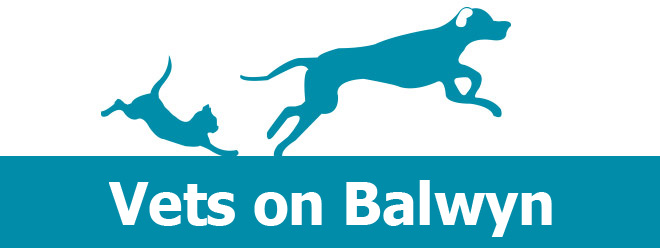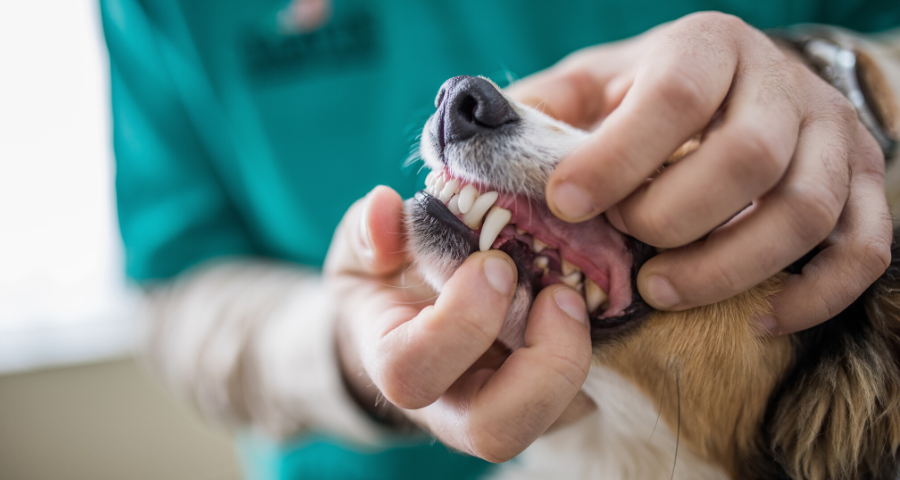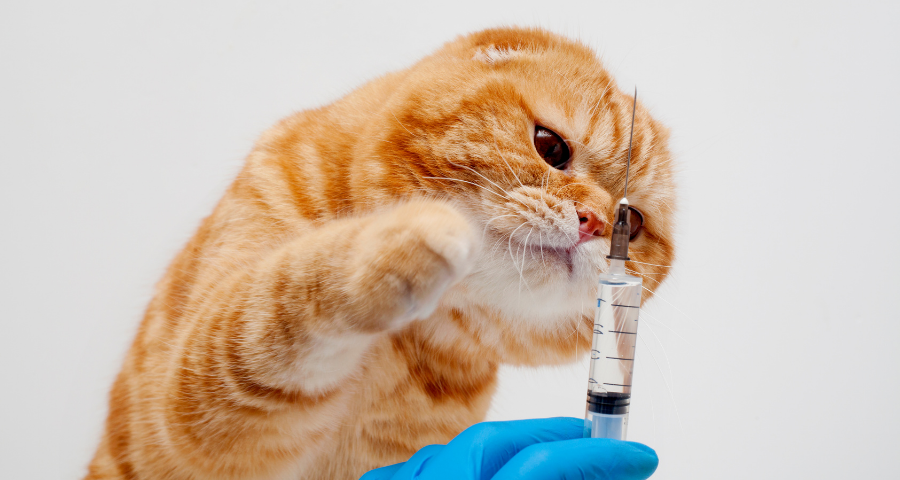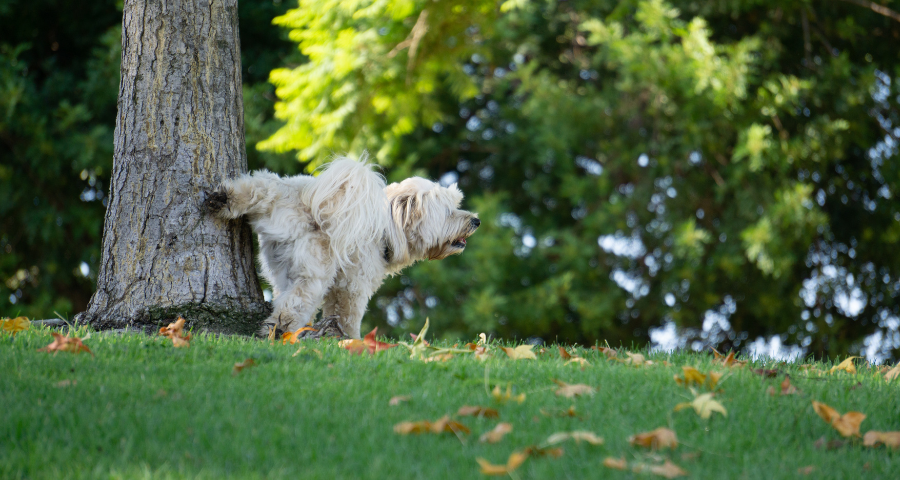"My pet seems healthy – do they still need a general health check with their vaccination?"
There are three reasons why we recommend a full consultation and health check for every pet at the time of vaccination:
...
Read More
Blog
-

-
 Unexpected allergies If we surveyed pet owners about potential allergy symptoms in dogs and cats, most would list signs such as recurrent ear infections, generalised itchiness, paw licking, or tummy upset. But d...
Unexpected allergies If we surveyed pet owners about potential allergy symptoms in dogs and cats, most would list signs such as recurrent ear infections, generalised itchiness, paw licking, or tummy upset. But d...
Read More -
 Dental health duties Whilst most owners understand the impact of their pet's oral health on their general health and quality of life, many may still need clarification on the practical ways to achieve excellent ...
Dental health duties Whilst most owners understand the impact of their pet's oral health on their general health and quality of life, many may still need clarification on the practical ways to achieve excellent ...
Read More -
 Imagine that you’re a dog. Your owner clips on your lead (exciting!), pops you into the car (woo hoo!), and you excitedly journey to… the vet. Now, imagine you’re a cat. You see “the box of doom” (also known as ...
Imagine that you’re a dog. Your owner clips on your lead (exciting!), pops you into the car (woo hoo!), and you excitedly journey to… the vet. Now, imagine you’re a cat. You see “the box of doom” (also known as ...
Read More -
 Is your senior dog or cat moving more slowly? Taking the stairs a bit more hesitantly? Or perhaps having trouble keeping themselves looking clean and neat? While advancing age will lead to some inevitable changes...
Is your senior dog or cat moving more slowly? Taking the stairs a bit more hesitantly? Or perhaps having trouble keeping themselves looking clean and neat? While advancing age will lead to some inevitable changes...
Read More -
 Seeing your pet afflicted with any unwellness or injury can be very worrying and may leave you feeling helpless or uncertain, especially if you’re unsure whether their condition warrants an emergency or after-hou...
Seeing your pet afflicted with any unwellness or injury can be very worrying and may leave you feeling helpless or uncertain, especially if you’re unsure whether their condition warrants an emergency or after-hou...
Read More -
 Veterinarians frequently recommend pet “dentals”, but what does this procedure actually involve? Read on as we explain more about what happens during a dental procedure, and how we can help keep your pet’s pearly...
Veterinarians frequently recommend pet “dentals”, but what does this procedure actually involve? Read on as we explain more about what happens during a dental procedure, and how we can help keep your pet’s pearly...
Read More -
 Signs of poor digestive health in your dog or cat can be uncomfortable for your pet and be a cause of concern for you. Some owners write these signs off as a ‘sensitive stomach’, and either tolerate the symptoms ...
Signs of poor digestive health in your dog or cat can be uncomfortable for your pet and be a cause of concern for you. Some owners write these signs off as a ‘sensitive stomach’, and either tolerate the symptoms ...
Read More -
 Vaccinations are vital Regularly vaccinating your pet is important to protect them against various potentially fatal or debilitating infectious diseases. During a consultation, we can discuss with you the most...
Vaccinations are vital Regularly vaccinating your pet is important to protect them against various potentially fatal or debilitating infectious diseases. During a consultation, we can discuss with you the most...
Read More -
 With increasing day length and warmer weather, most of us, including our pets, will be enjoying more time spent outdoors. It’s always important to ensure your four-legged friend is up-to-date with routine disease...
With increasing day length and warmer weather, most of us, including our pets, will be enjoying more time spent outdoors. It’s always important to ensure your four-legged friend is up-to-date with routine disease...
Read More -
 20% off Hill's skin and food sensitive diets! For the months of October and November 2020, we are offering 20% off Hill's skin and food sensitive diet range for dogs and cats. Hill's nutritionists and veterinaria...
20% off Hill's skin and food sensitive diets! For the months of October and November 2020, we are offering 20% off Hill's skin and food sensitive diet range for dogs and cats. Hill's nutritionists and veterinaria...
Read More -
 A urine test is a simple and effective method for us to check the health of your pet’s urinary system. A urine test provides a large amount of information on the health of your pet and can be helpful in identifyi...
A urine test is a simple and effective method for us to check the health of your pet’s urinary system. A urine test provides a large amount of information on the health of your pet and can be helpful in identifyi...
Read More















